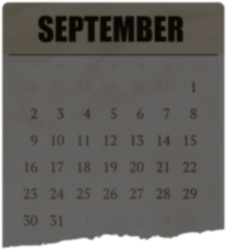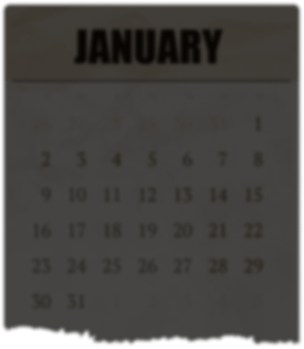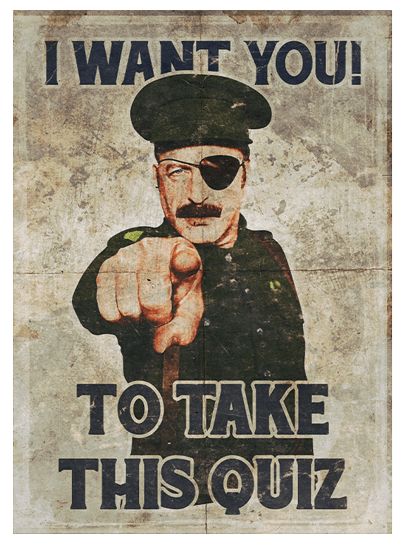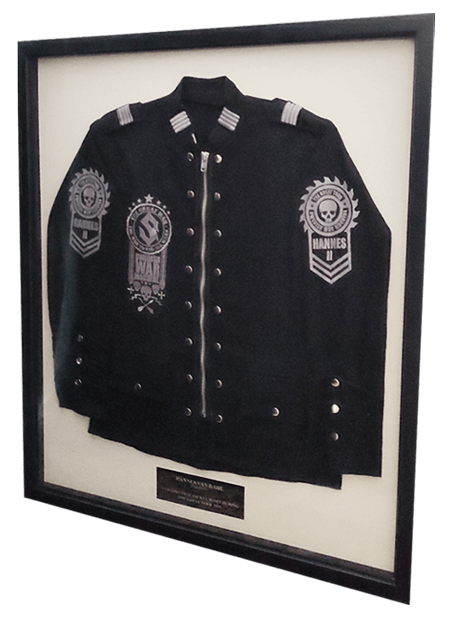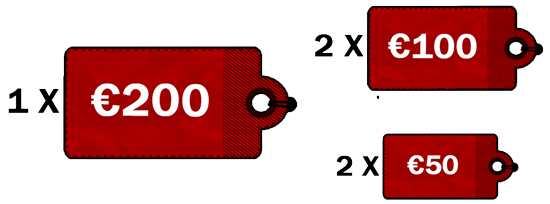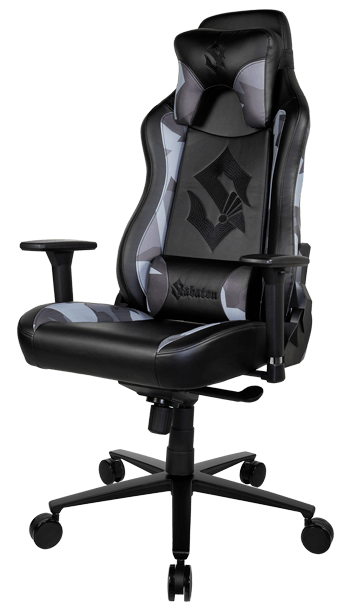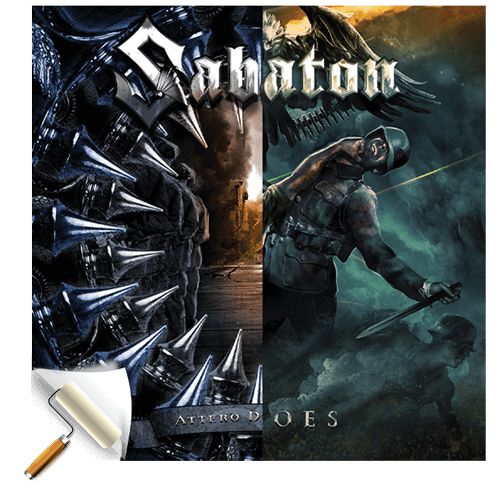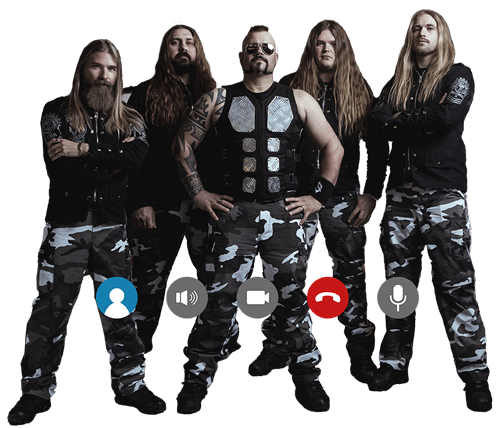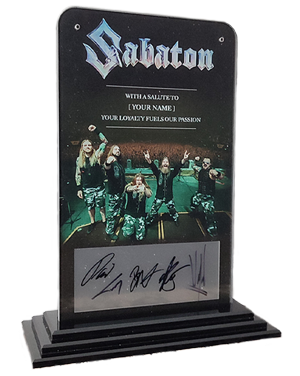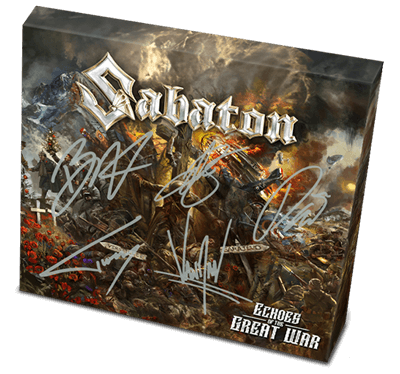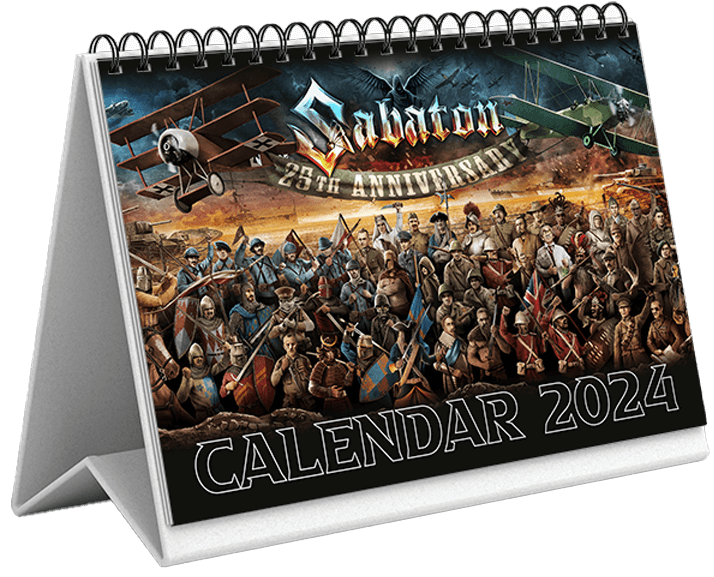The March to War
“If war should break out, no one can estimate its duration or see when it will end. The greatest powers of Europe, which are armed as never before, will fight each other. (…) Gentlemen, it might be a seven, or even a thirty years war – but woe to him who sets Europe alight and first throws the match into the powder barrel.” – General Helmuth von Moltke
From the end of the Napoleonic Wars, Europe relied on a certain balance of power. No nation was to rise too high above the others. Various sets of alliances were pitted against each other to keep the peace – the purpose was to prevent another Great European War from happening. There were smaller conflicts, of course, but the first real damage to this system was done by the Franco-Prussian War in 1870-71. The decisive victory of the North German Federation over the French Republic had not only caused a lot of resentment, but the subsequent unification of the German Empire disturbed the overall power balance. The next dent was made by the decline of the Ottoman Empire. As it lost its influence in Europe, a power vacuum followed. Both Austria-Hungary and Tsarist Russia saw their spheres of influences clash with the nationalist ambitions of the Balkans.
Now, to consolidate Germany’s position in Europe, German Chancellor Otto von Bismarck had actually tried to establish a “league of three emperors” between the rulers of Germany, Austria-Hungary and Russia, but it was the irreconcilable power struggle between Vienna and St. Petersburg over the Balkans that tore the alliance apart.
During the Bulgarian crisis of 1888, Bismarck had warned that such a conflict in the Balkans would one day “plunge Europe from Moscow to the Pyrenees, and from the North Sea to Palermo, into a war whose issue no man can foresee. At the end of the conflict, we should scarcely know why we had fought.”
As long as cooler heads prevailed though, Europe remained at peace – at least formally – because by the turn of the 20th century, each great power was already deeply committed to an arms-race of unprecedented proportions. Each economy spent enormous sums of its GDP on the mass production and development of rifles, artillery and military equipment. Armament industries built gigantic siege guns, while military wharfs welded huge pieces of sheet-metal for the production of warships. Each new technology breakthrough was immediately evaluated for possible military use. Aircraft, airships, submarines, gas… which of those things would play a role in the coming war?
Changing warfare
At the same time, none of the military thinkers thought that warfare would fundamentally change. New technologies, such as the machine-gun or barbed wire, were certainly useful, but in the end, it would come down to the power of concentrated rifle fire and cold steel, surely? Each training field saw the soldiers of Europe march in closed ranks and tight formations. They stood in squares and lines, with long glittering bayonets fixed, prepared to fend off cavalry attacks. Officers were sent to fencing school to practice elegant moves, while cavalry men demonstrated their skills riding through woods and meadows at high speed.
While the armies drilled, the powder keg grew dangerously close to being ignited. The 1910s saw several crises between the major powers, and the sabre rattling grew louder. The Balkan wars further fuelled nationalistic tensions, until the assassination of Austrian Archduke Franz Ferdinand by the Bosnian Serb Gavrilo Princip finally set the world ablaze.
“Austria has sent a bullying and humiliating ultimatum to Serbia, who cannot possibly comply with it, and demanded an answer within 48 hours – failing which she will march. This means, almost inevitably, that Russia will come to the scene in defence of Serbia and in defiance of Austria, and if so, it is difficult for Germany and France to refrain from lending a hand to one side or the other. So that we are in measurable, or imaginable, distance of a real Armageddon.” – Sir Herbert Asquith
Stunned to silence
It is a myth, which is sadly still widely repeated, that Europe went to war in those days cheering, laughing and celebrating. Overall, the people were stunned to silence. The propaganda was quick to show men laughing and waving in railway cars, with signs displaying messages such as “To Paris” or “See you in Berlin”, but the general public was not in the mood for such slogans. Instead, there was a certain diligence with which the men followed their officers to the barracks or into the field. It was simply a call to duty, bound to an underlying cultural obligation which was expected by state and society. The sort of defensive patriotism that urged every man to do his part for emperor, king and country.
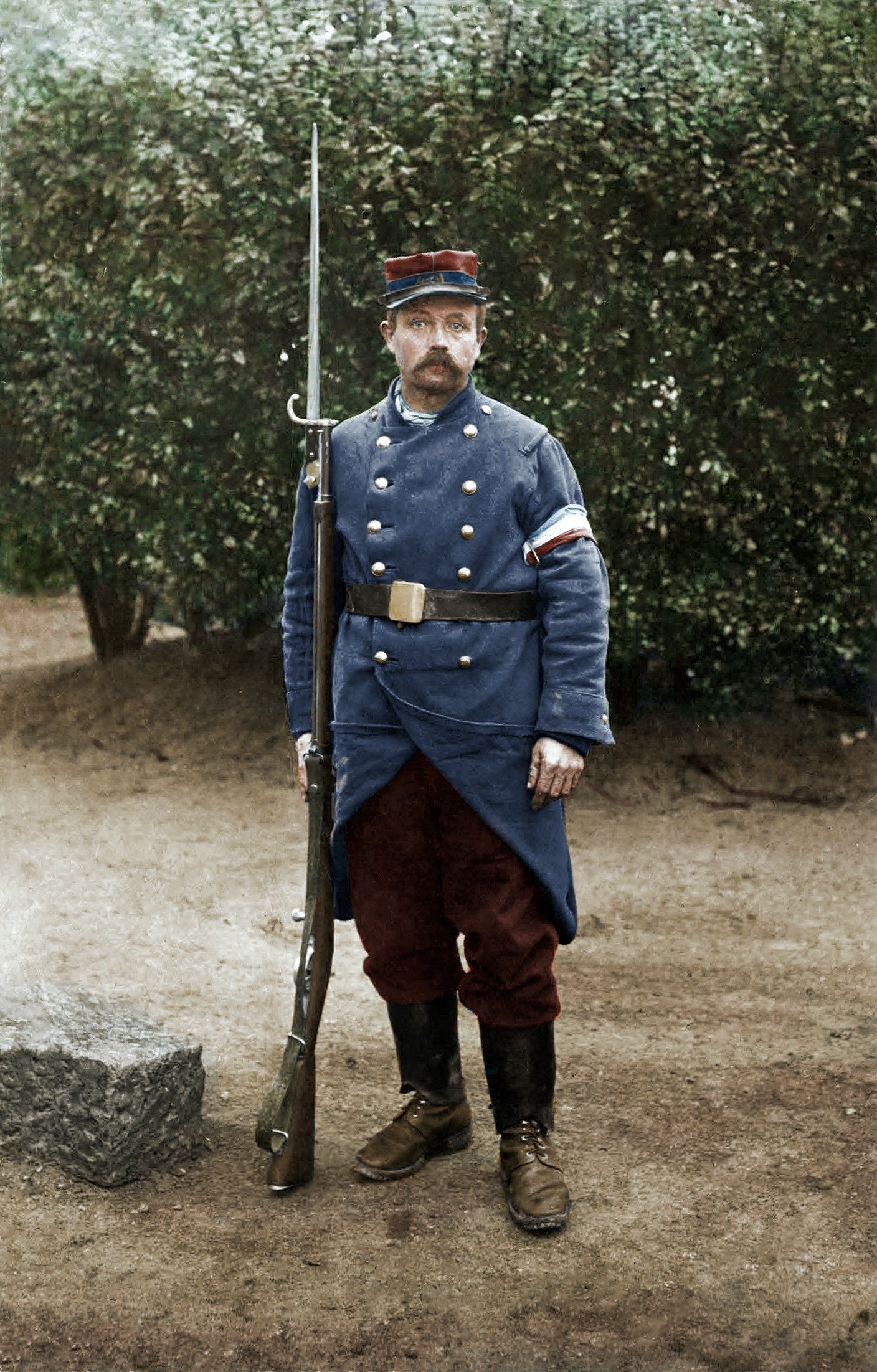
On the night of August 1, 1914, four days after Austria-Hungary declared war on Serbia, no music was being played in Paris. People who were still awake and watching from the windows, were not singing or cheering as the soldiers marched by. There was no great enthusiasm as the columns crossed the Boulevard du Palais. Instead, it was a gloomy, almost oppressive atmosphere. Only the sound of heavy marching boots, followed by the noise of horses and motor vehicles pulling artillery pieces from the capital, could be heard. Over the coming days, the French soldiers marched in their bright red trousers and dark blue coats to the assembly areas. Veterans of the war of 1870 stood by, waving banners and singing songs about the coming recapture of lost Alsace-Lorraine. Their government had promised that there would be no second Sedan, but instead it would be revenge for the humiliation at the hand of the Prussians.
In St. Petersburg, the Tsar appeared at the windows of his palace and held a speech in front of his favourite Cossacks. He spoke of the coming peril, the victory that was at hand, and the honour of the coalition. Tsar Nicholas had been a weak monarch, unable to win the love of his countrymen, and yet the war was a way to demonstrate his power and his ability to lead the country to greatness. In just a few days, the large Russian armies would sweep into East-Prussia and towards Berlin. Russian officers predicted that it might take three or four months until they rode through the Brandenburg Gate. Anyone who thought it would take more than that was a pessimist and defeatist. However, most of the common soldiers and sailors that were marching to their posts in those days knew very little of what was going on. Many thought they might be sent towards Mongolia or maybe Crimea. The quarrels with Austria-Hungary about Serbia made little sense to them.
In Vienna, Field-Marshal Franz Conrad von Hötzendorf gave his field commanders their final instructions for the coming punishment expedition against Serbia. This was not to be a fight between two great powers, rather, the Austro-Hungarian army would enter a country full of brigandage and irregular fighters. No pardon was to be given against such banditry, and any acts of resistance were to be suppressed with harsh brutality. Serbia was to be a short campaign, and then they would move east to meet the Russian hordes in the fields of Galicia. Once more, the war would unite the many people of the empire to a common cause and victory would strengthen the monarchy for times to come.
In Berlin, the Kaiser had donned his best parade uniform and spoke in front of the Reichstag that the time had come to fight. He promised them that they would all be back before the leaves fell. The German war plan was simple, yet bold and ruthless. Based on decades of studies and calculations, they had planned a massive revolving wheel effect. While the French eagerly pushed towards Alsace-Lorraine, the German armies would swing around towards Paris in one giant push from the north. All they needed was to cross Belgian territory as quickly as possible. The German Empire had been growing by a million people each year, but though its massive armies would be able to fight France or Russia separately, the idea of a two front war was troubling. Everything relied on their strict timetable. If Belgium chose not to allow them through, then Belgium would be crushed, neutrality be damned. “Necessity knows no law”.
Concern grows
In Brussels, the Belgian King looked upon the escalating situation on his borders with concern. Belgium had neglected its army because there was little sense in even trying to compete with the major powers. But being caught between France and Germany was like being caught between the hammer and the anvil. Still, King Albert chose to mobilise. Belgium was small but it would not forsake honour by allowing the German army to disrespect the borders. The country stood fully behind its king.
In London, the situation was not as clear cut. Britain was watching from the side-lines, unsure if it should intervene or not. It had always been a naval power and its duty lay with its empire, not with France or Germany. Yet what would happen if Germany won? What would happen to the rest of Europe – to Belgium, Denmark and Holland – in a Germany-dominated mainland? Especially with Germany also having the world’s second largest navy. Downing Street was torn between liberal and conservative politicians, who talked of honour, obligation and self-interest. It all came down to Germany’s plans to move through Belgium. This was an obvious threat to Great Britain’s interests, and if Germany would not refrain from violating Belgian neutrality, there would be war.
Unexpected long war
When the powder keg exploded in 1914, no one believed nor had prepared for a long conflict. Six million men marched off to war. Millions more waited as reserves and replacements were trained in the barracks, ready to be sent off to the front. Next to the howitzers, the heavy guns and the field cannon rode the proud squadrons of Europe’s cavalrymen. Like the Magyars of old, the Uhlans and Hussars of Austria-Hungary took the field. German Dragoons paraded in front of the Kaiser at the Reichstag, while Russia’s fierce hordes of Cossacks galloped over the wide plains in the east. French cuirassiers would relive old glory, clad in iron armour and plumed helmets. Altogether they represented the cream of Europe’s military class. They were the sons of an age-old tradition. Not just the mobile arm of the army, but the embodiment of a military caste that held the ideals of their nations high. The same went for the tens of thousands of infantry officers, who proudly marched in front of their men, leading them into the coming battle.
“The sense of tragic futility of it will never quite fade from the minds of those who saw these brave men, dashing across the open to the sound of bugles and drums, clad in the old red caps and trousers with a parsimonious democracy dictated they should wear, although they turned each man into a target. The gallant officers who led them were entirely ignorant of the stopping power of modern firearms, and many of them thought it chic to die in white gloves.” – Sir Edward Spears
It was all a glorious dream, that march to war. Modern war killed that dream in mere days.
If you’re interested in a more visual interpretation of the above story, watch our Sabaton History episode, The March to War – The Great War Begins:
